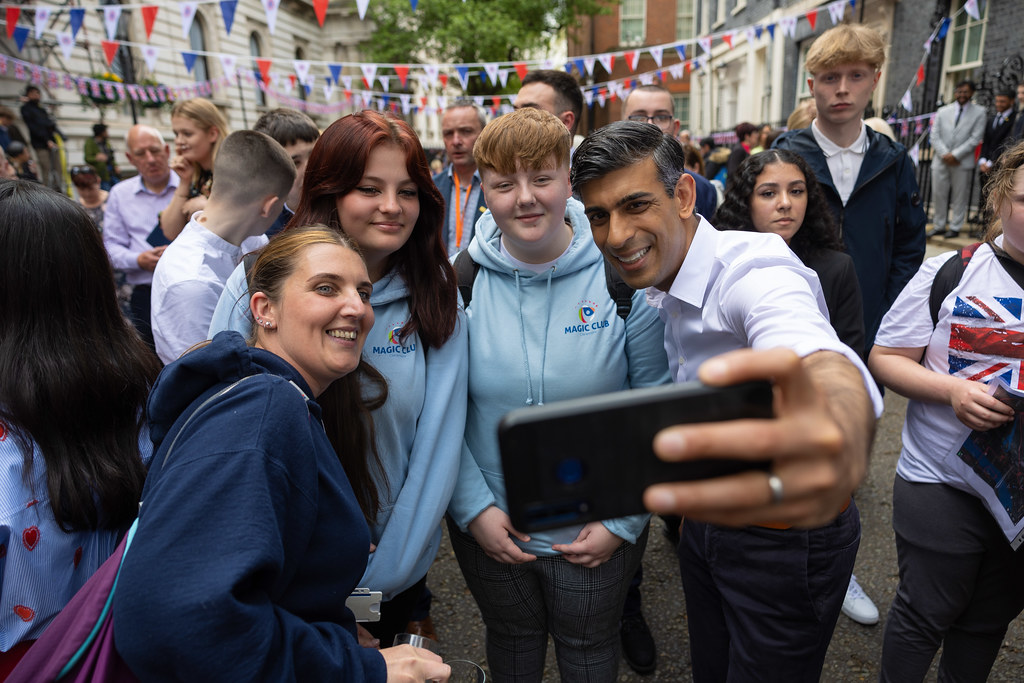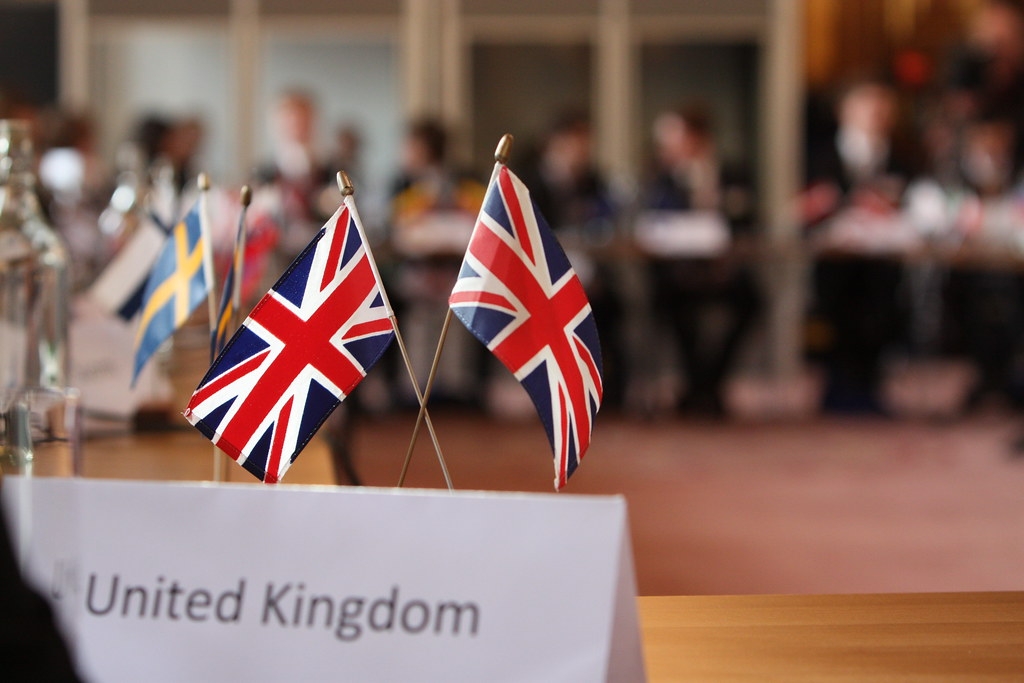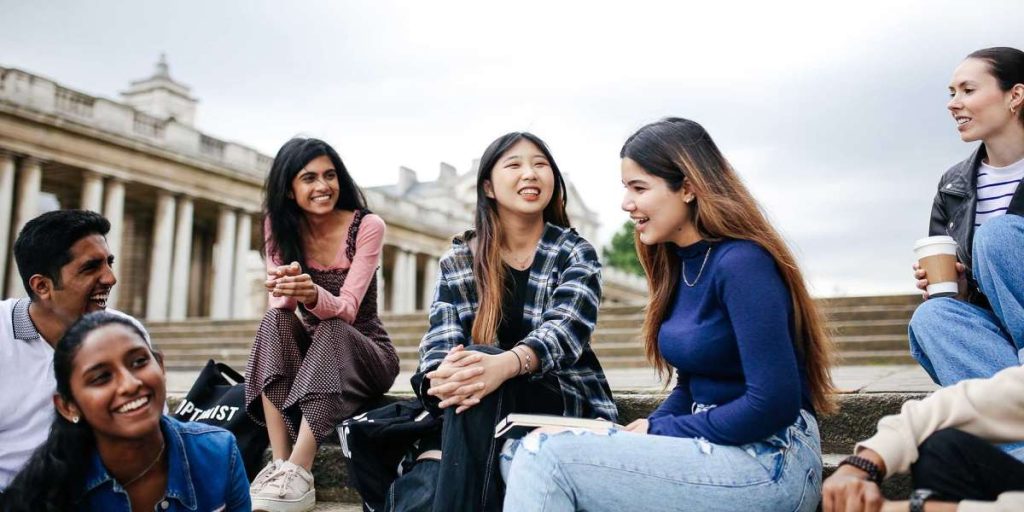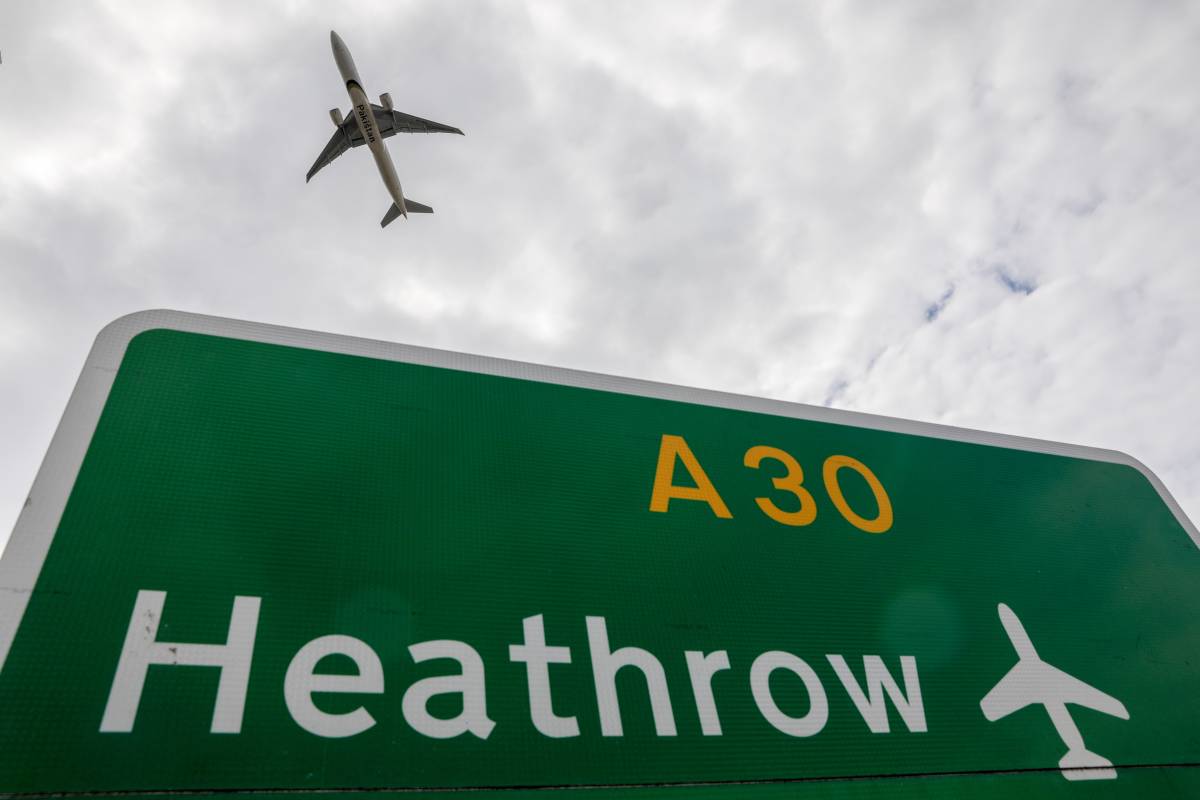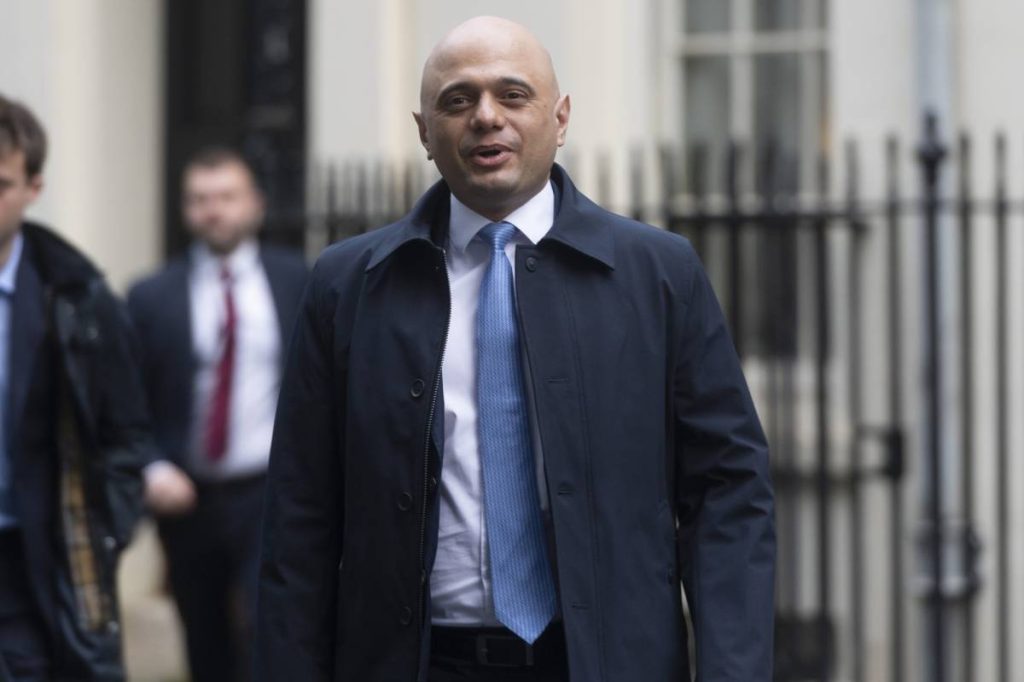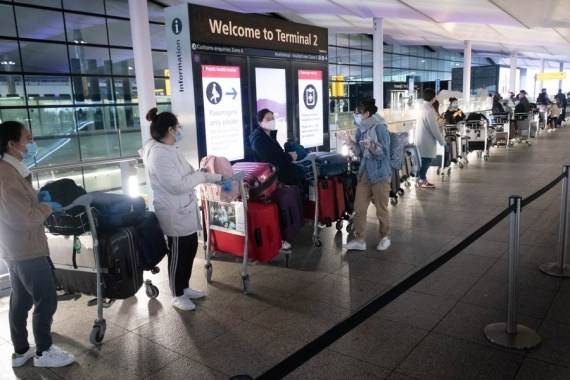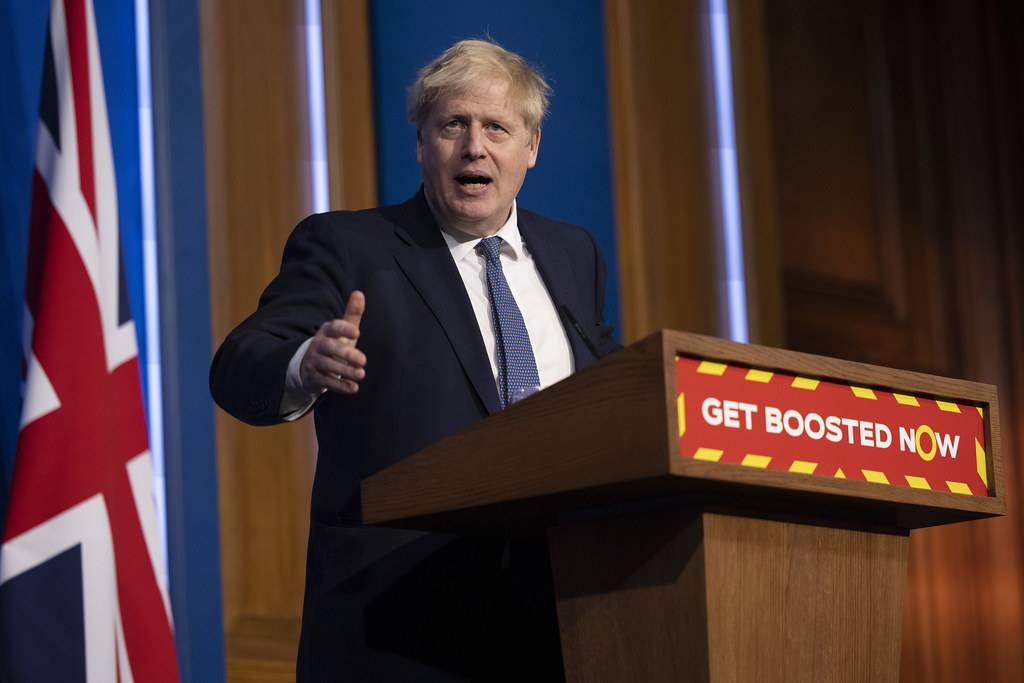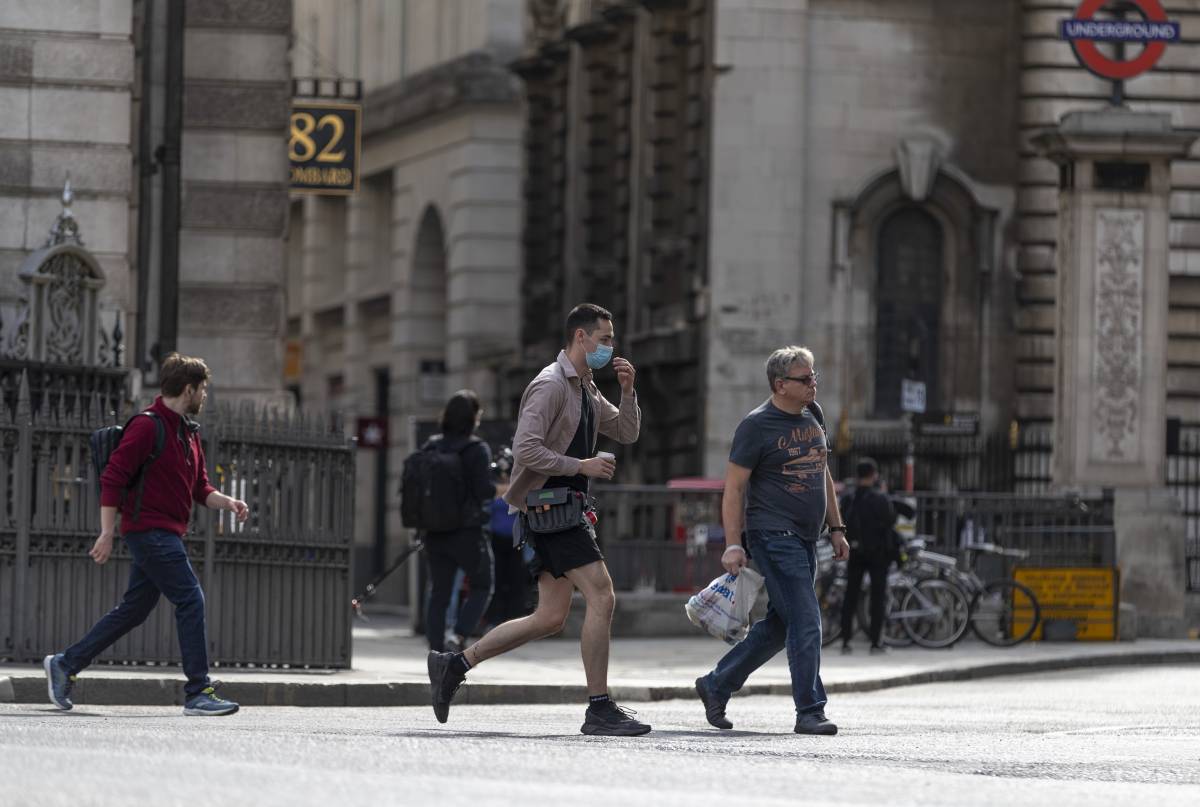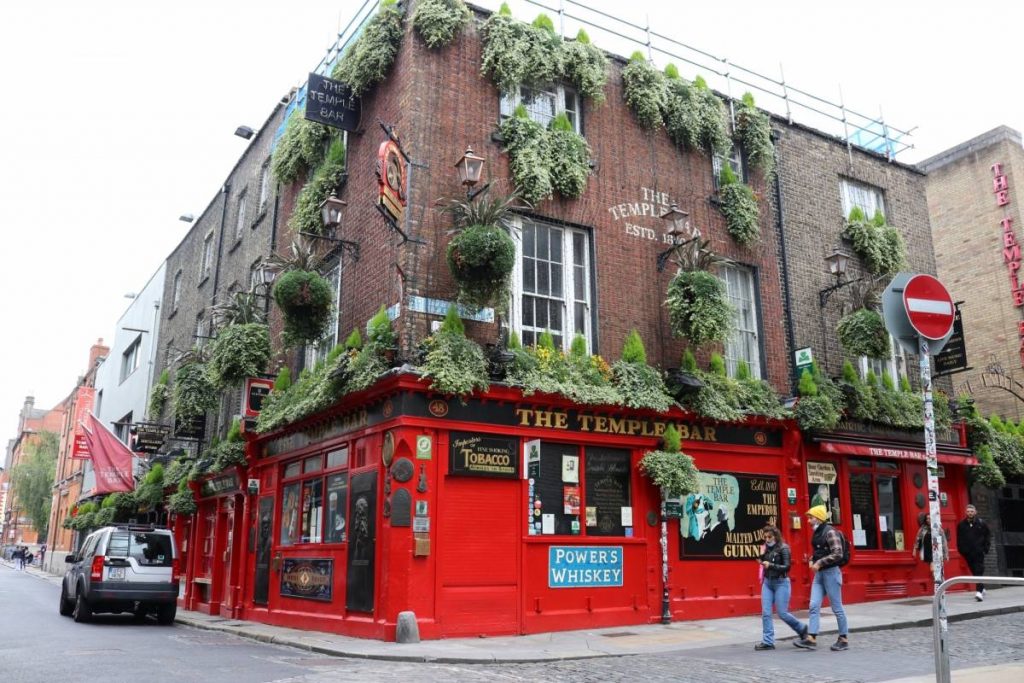The UK issued nearly 5,00,000 study visas in 2022, which was 81% higher compared to 2019…reports Asian Lite News
The United Kingdom government is formulating plans to prevent family members from joining foreign masters students at the country’s universities, the Financial Times reported on Thursday.
The number of visas granted to dependents of foreign students increased from 16,047 in 2019 to 1,35,788 in 2022, according to official figures. Students from India and Nigeria have reportedly been especially likely to bring family members with them.
Ahead of the 2019 election, the ruling Conservative Party had promised to bring down migration levels. However, official data slated to be released on May 25 is expected to show that migration reached record levels in 2022, according to the Financial Times.
In this context, the United Kingdom’s Department of Education, Home Office and Treasury are discussing a plan to stop dependents from travelling with masters students for one-year courses. “Many of these courses only last for nine months,” an unidentified official told the newspaper. “We don’t think this will have a big effect on our ability to attract global talent.”
The United Kingdom issued nearly 5,00,000 study visas in 2022, which was 81% higher compared to 2019.
From June 2021 to June 2022, net migration to the United Kingdom hit record levels, largely driven by migrants from outside European Union countries. According to the Office of National Statistics, an estimated 5,04,000 more persons arrived in the United Kingdom on a long-term basis than those leaving the country.
According to Centre for Policy Studies think tank, net migration in 2022 will be 7,00,000 – more than double the pre-Brexit record.
According to new immigration figures, 490,763 students were given visas last year.
They were accompanied by 135,788 dependants — spouses and children — up from 16,047 in 2019.
Of these, India became the largest source of students with 161,000 students, including 33,240 dependents, coming to the UK last year.
The surge in legal net migration is boosting the size of Britain’s workforce but the issue is politically problematic for the prime minister. Sunak is grappling with the separate and more contentious issue of illegal migration by people in small boats coming across the English Channel.
The Conservatives are trailing the opposition Labour party by about 15 percentage points in opinion polls and last week were hammered in local elections in England. Immigration has become one of the most explosive political issues.
Ministers are now finalising plans to tackle one recent boom area for legal migration: the number of dependants who come to Britain with overseas masters students, often from India and Nigeria.
Students have been one of the main drivers of the post-coronavirus pandemic surge in migration, with almost 500,000 study visas issued by the UK authorities in 2022 — a rise of 81 per cent compared with 2019.
Students, especially those coming from Nigeria and India, have become more likely to bring family with them, with 135,788 visas granted to dependants in 2022, up from 16,047 in 2019.
The Department for Education, the Home Office and the Treasury are finalising a plan that would stop dependants from travelling with master’s students on one-year courses, according to several officials close to the discussions.
One said: “Many of these courses only last for nine months. We don’t think this will have a big effect on our ability to attract global talent.”
One minister confirmed the focus was on the dependants of master’s students, saying: “It’s clear we have to do something. We’re a long way from David Cameron’s promise to reduce annual net migration to the ‘tens of thousands’.”
The Treasury, which normally favours higher migration, has accepted the political need to restrict the number of dependants of overseas students, while Gillian Keegan, education secretary, has also agreed to the plan.
But government insiders said Keegan was insisting that master’s students should be able to bring family members to the UK if they stay to work in the country after completing their studies.
“International education is popular,” Keegan said in a speech this week. “It makes us all richer. We all benefit as we build partnerships and lasting bonds. That’s something we value hugely.”
Madeleine Sumption, director of the Migration Observatory at Oxford university, said that while net migration was unusually high, it would “fall over the next few years, all else being equal”, as people who recently came to the UK leave again, particularly if they are overseas students.
ALSO READ-Female students launch own businesses in Afghanistan

